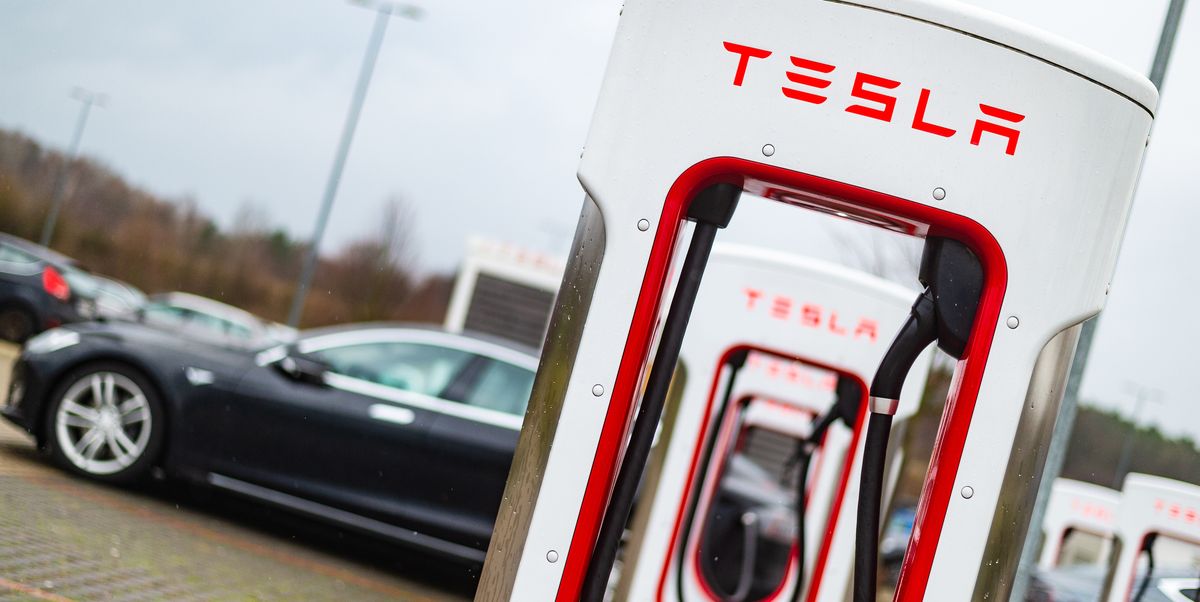The article you linked to described why auto companies don't want to make cars with Tesla proprietary connectors. It has nothing to do with companies deciding whether to put a Tesla cable and connector on their charging equipment.This is false.
Tesla Proprietary Connector is proprietary.
Volkswagen, Electrify America's parent company, would have to accept Tesla's outrageous patent sharing deal, which was never going to happen.

Why Other Car Companies Don't Use Tesla Superchargers
Tesla says it will give its charging technology to any automaker who wants it. But the fine print makes this a terrible deal, even if it's free.www.roadandtrack.com
RT


